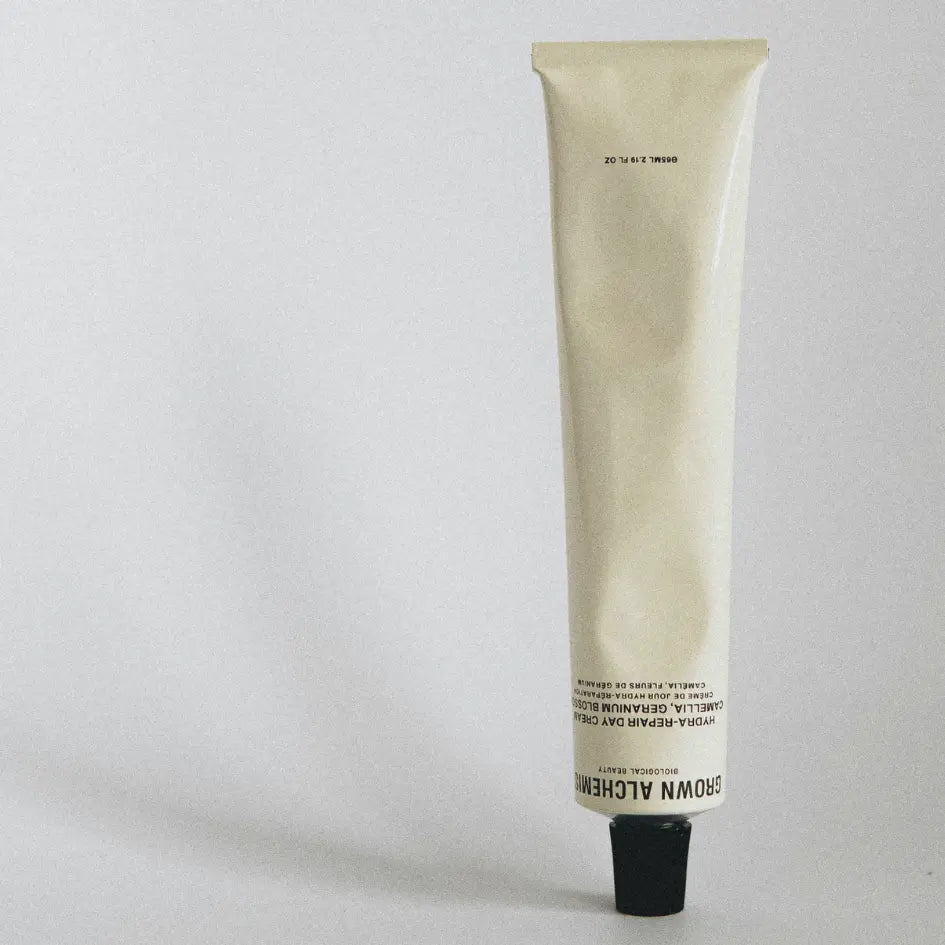Wolven
Our ratings are based on a scale from 1 (Avoid) to 5 (Top Choice).
See how we rate.
The Shifting Gaia rating evaluates brands based on sustainable practices, ingredients and materials, and social responsibility, among others. Below are a few factors influencing this brand's score:
overview
about
Wolven designs activewear and swimwear from recycled plastics and natural fibers with carbon-neutral production. Highlights
• Climate Neutral certified
• OEKO-TEX® and GRS certified fabrics
• Recycled PET and ECONYL® fibers
• Women-owned and inclusive brand
sustainability
details:
Packaging
Wolven employs minimal and eco-friendly packaging for its apparel. Products are simply tied with a piece of biodegradable hemp twine instead of individual plastic bags, and shipments arrive in either a reusable mailer made from 100% recycled plastic or a recyclable, biodegradable paper box.
Ingredient Sustainability
Wolven's signature leggings (and matching active tops) are composed of ~84% recycled PET (post-consumer plastic bottles) and 16% spandex. Wolven's bikinis and one-piece swimsuits are likewise made from recycled plastic bottles. For certain collections, Wolven uses carbon-neutral modal, a cellulose fiber derived from sustainably harvested beechwood pulp. In 2023, Wolven introduced its “Metamorphosis” sustainable streetwear line made from 100% reclaimed waste cotton.
The vast majority of their products are made from either recycled materials or responsibly sourced renewables, all certified non-toxic (OEKO-TEX Standard 100). Notably, the brand avoids traditional cotton (unless recycled) and animal-derived materials entirely. While the unavoidable use of some elastane means garments are not 100% biodegradable, Wolven's material choices significantly reduce fossil fuel dependence, water usage, and waste in comparison to typical activewear.
Energy Use and Footprint
The company is Climate Neutral Certified, partnering with the nonprofit Climate Neutral to annually measure all operational greenhouse gas emissions and purchase verified carbon credits to offset its entire footprint. Beyond offsets, Wolven works to reduce emissions at the source. The brand deliberately opts for sea freight over air shipping when transporting products.
Operational transparency is high – the brand publishes annual Impact Reports and shares details about its supply chain and carbon strategy on its website.
Waste Management
On the production side, Wolven minimizes waste by using waste as feedstock, notably recycled polyester (rescuing plastic bottles that might have become trash) and reclaimed cotton fibers that would have been landfill-bound. For its new cotton collection, the brand implemented on-demand printing and zero-waste pattern design (no side seams) to curtail excess scrap material.
On the post-consumer side, Wolven encourages extending the life of garments. They launched a “Wolven Pre-Loved” program, a dedicated resale platform for secondhand Wolven apparel.
Business Model
Wolven's business model balances commerce with conscious consumption principles. As a direct-to-consumer brand, Wolven does release new products and collections (often in the form of themed capsules or seasonal drops), but it deliberately frames its fashion in a “slow(er) fashion” context.
non-toxic
details:
All Wolven garments carry the STANDARD 100 by OEKO-TEX® certification, meaning every component (fabric, thread, dyes, etc.) has been tested and confirmed free from harmful substances.
Notably, Wolven does not use any toxic water-repellent finishes (no PFAS “forever chemicals”), as their activewear and swimwear do not require additional chemical treatments for performance. The fabrics are quick-drying by nature of the fiber (polyester) rather than by any surface coating. There's also no indication of antimicrobial treatments (like silver or triclosan) on Wolven apparel, meaning customers aren't exposed to those chemical additives.
social responsibility
details:
Wolven's labor practices show some strong points, particularly in transparency and factory auditing, but also have areas for improvement. The majority of Wolven's activewear and swimwear is ethically made in China with a long-term manufacturing partner. This factory is audited and certified under Intertek's Workplace Conditions Assessment (WCA) program, which evaluates labor, wages, work hours, health & safety, and environmental practices. Wolven's WCA audit helps mitigate this risk, but payment of living wages has not been evidenced.
Wolven is effectively a 100% vegan brand. It does not use any animal-derived materials in its products. All of the brand's fabrics are either synthetic (recycled poly/spandex) or plant-based (modal, recycled cotton).
Through partnerships with nonprofits Good360 and Conscious Alliance, Wolven has donated over $25,000 worth of sustainable clothing to disadvantaged communities. Wolven is also involved in environmental advocacy and education.




